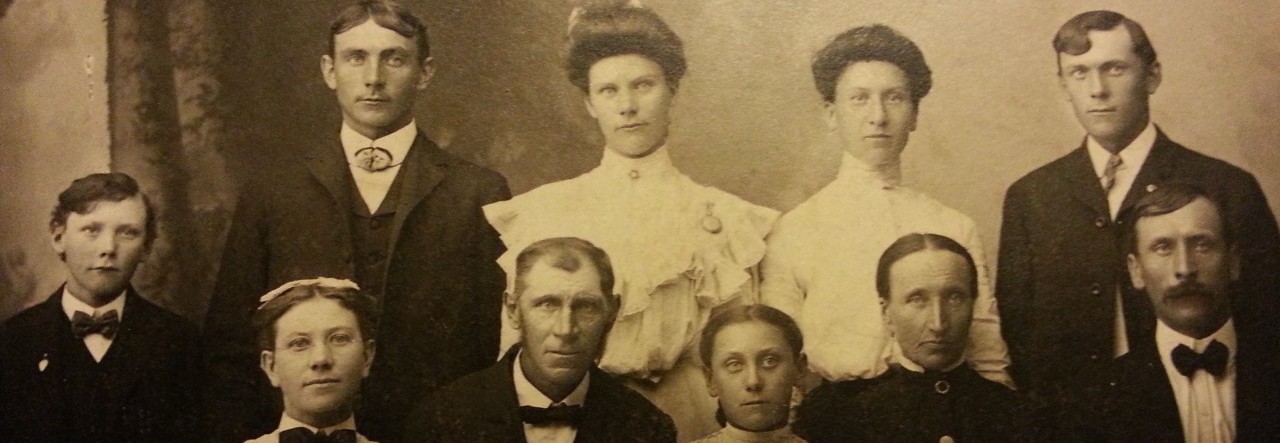![U.S. flags stand in front of fallen service members graves on Memorial Day at Arlington National Cemetery in Arlington Va, May 28, 2012. DoD photo by Erin A. Kirk-Cuomo (Released) By English: Erin A. Kirk-Cuomo [Public domain], via Wikimedia Commons](https://i0.wp.com/www.copperleafgenealogy.com/wp-content/uploads/2015/05/Defense.gov_photo_essay_120528-D-BW835-360-e1432304383200.jpg?resize=500%2C333)
U.S. flags stand in front of fallen service members graves on Memorial Day at Arlington National Cemetery in Arlington Va, May 28, 2012. DoD photo by Erin A. Kirk-Cuomo (Released) By English: Erin A. Kirk-Cuomo [Public domain], via Wikimedia Commons
Along with that celebration is also Memorial Day. A day when we remember those who served and are no longer with us. Interestingly enough, I did not know that Memorial Day usually meant some sort of event in a cemetery until I had met my husband. We were in his hometown one Memorial Day weekend and went to Memorial Day program that all his family was attending in their local cemetery. It was wonderful and moving. I’m sad that I didn’t know this was quite common until I was an adult!
Along with the cemetery events, parades, and family cook-outs, there are also many free searches you can do in military records this weekend!
- Ancestry.com: Search military records online! They have a pdf on searching military records on Ancestry.com if you’ve never done it before. You can search through the records by clicking here. You do have to register to see your search results.
- FindMyPast: Has a 14 day free trial, which I’ll be honest, I think is normal. But you can still use the trial to search for your military ancestors to see what records they could have! (And yes, I do believe you’d need to put in all your information, including credit card, in order to use the 14 day trial. They just don’t charge you until after that 14 days!)
- New England Historic Genealogical Society: Free access for guest users until May 27! Registering as a guest simply requires an email address if I read that correctly. You get access to Colonial Soldiers and Officers in New England, 1620-1775; Massachusetts Revolutionary War Pensioners’ Receipts 1799-1807; and Massachusetts Revolutionary War Pensioners’ Receipts 1829-1937.
- Legacy Family Tree Webinars: Don’t forget to check out Judy G. Russell’s webinar called “Martha Benschura – Enemy Alien” which is free until May 27! It isn’t about Memorial Day issues, but it’s still free. 🙂
Enjoy your weekend, be safe, and discover some new ancestors!




![By User Gflores on en.wikipedia [Public domain], via Wikimedia Commons](https://i0.wp.com/www.copperleafgenealogy.com/wp-content/uploads/2015/05/Computer_keyboard.png?resize=300%2C198)